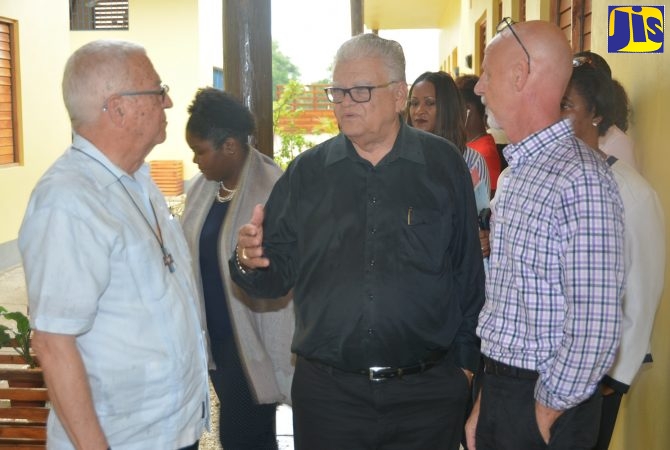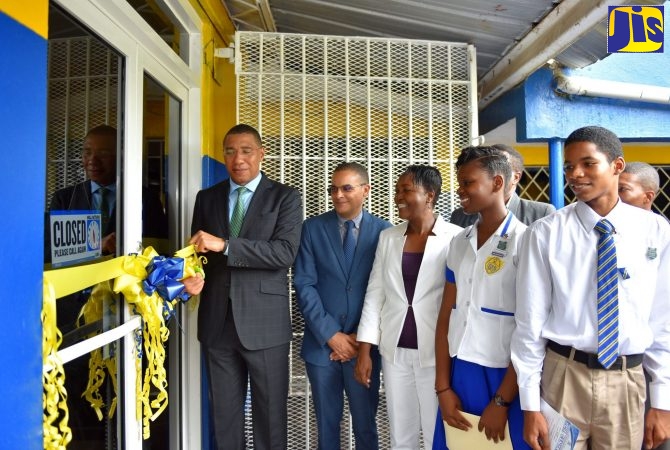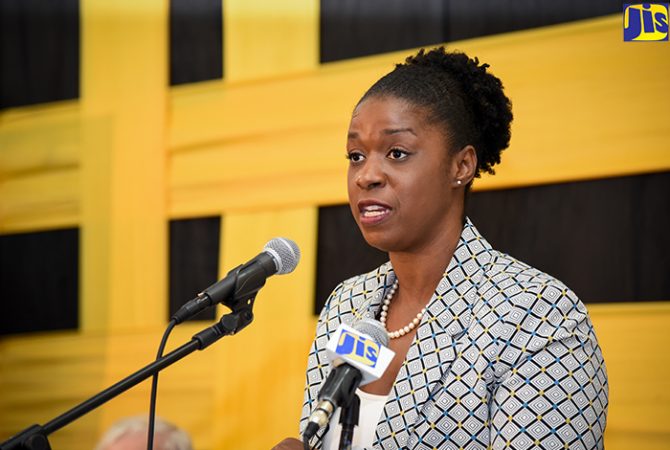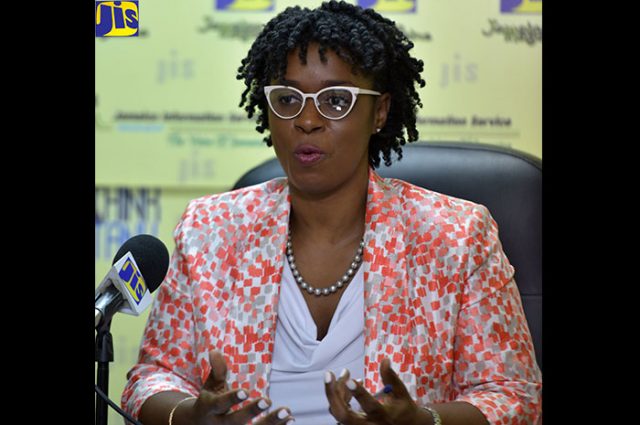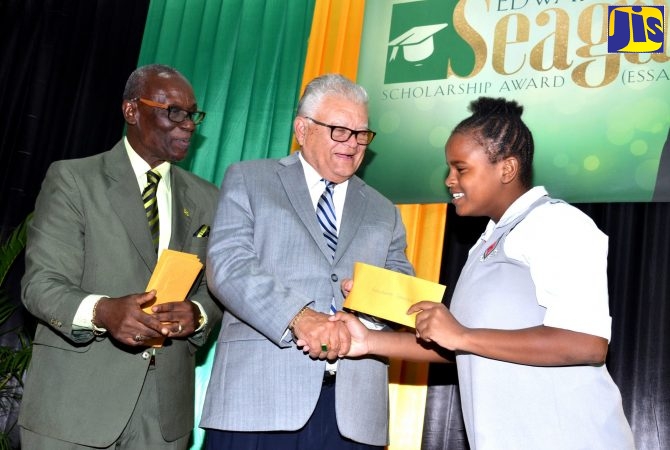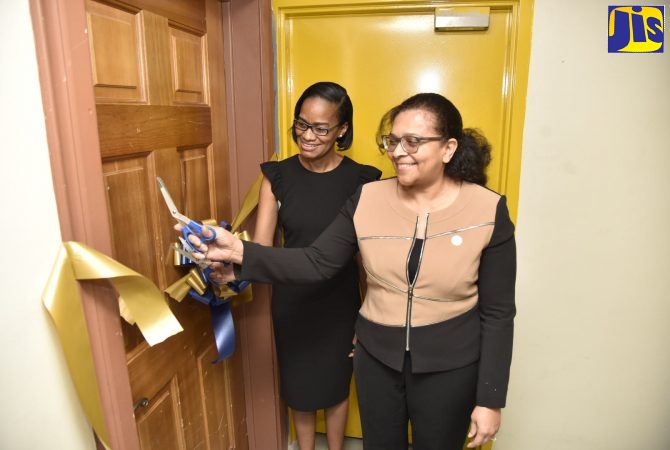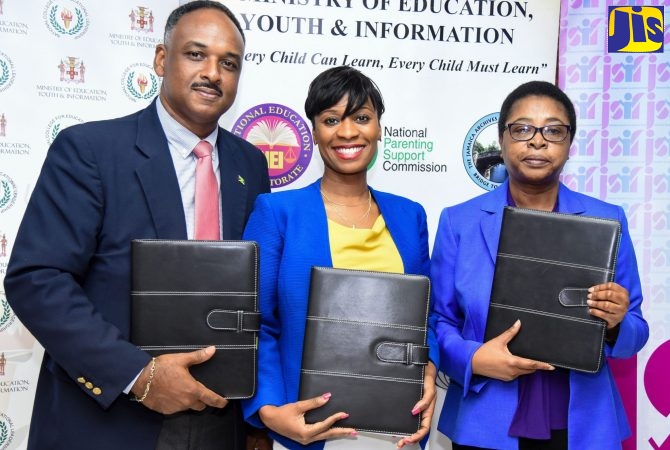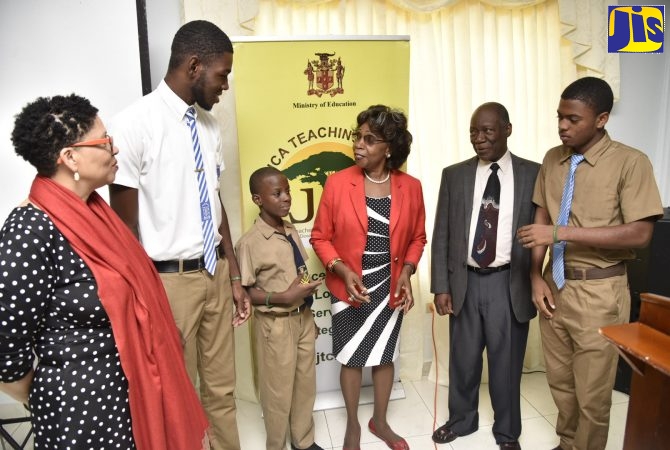JIS: Minister with responsibility for Education, Youth and Information, Hon. Karl Samuda, says the Ministry aims to take steps towards the adoption and expansion of the ‘inclusion model’ in schools across the country.
Inclusion in education refers to a model wherein special needs students spend most or all of their time with non-special needs students.
It is built on the notion that it is more effective for students with disabilities to have mixed experiences, to be more successful in social interactions leading to further success in life.
Speaking with JIS News following a tour of the Savanna-la-Mar Inclusive Infant Academy in Westmoreland on Friday, (October 4), Mr. Samuda stated that the institution’s inclusion model is “arguably the finest of its kind in Jamaica”.
He explained that the Ministry is taking a closer look at the model, with the intention to replicate it in other early childhood institutions.
“They (teaching staff) can see the development in the children through the help that they are providing. They (the children) come here which exposes them to arguably the best training of its kind in the country and so what is left for us to do is, we have to make sure that we replicate this,” Mr. Samuda said.
For her part, Ministry of Education, Youth and Information Region 4 Director, Dr. Michelle Pinnock, said the Ministry will support special needs students in any way as they transition from early childhood institutions to “primary [schools], high [schools] and right through to what we refer to as independent living.”
The Savanna-la-Mar Inclusive Infant Academy was officially opened in 2018, by the Education Ministry in partnership with the Rockhouse Foundation and the Roman Catholic Church in Jamaica.
The school is Jamaica’s first public educational institution that caters to students with and without disabilities.
CAPTION: Minister with responsibility for Education, Youth and Information, Hon. Karl Samuda (center), speaks with Representative of the Roman Catholic Church in Jamaica, Rev. Ronald Thwaites (left), and Rockhouse Foundation President, Peter Rose, while touring the Savanna-la-Mar Inclusive Infant Academy in Westmoreland on Friday, October 4.



